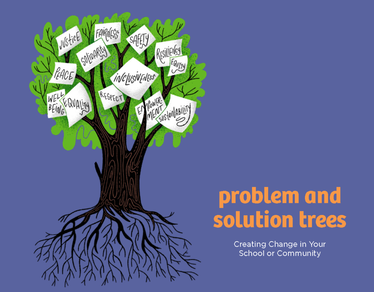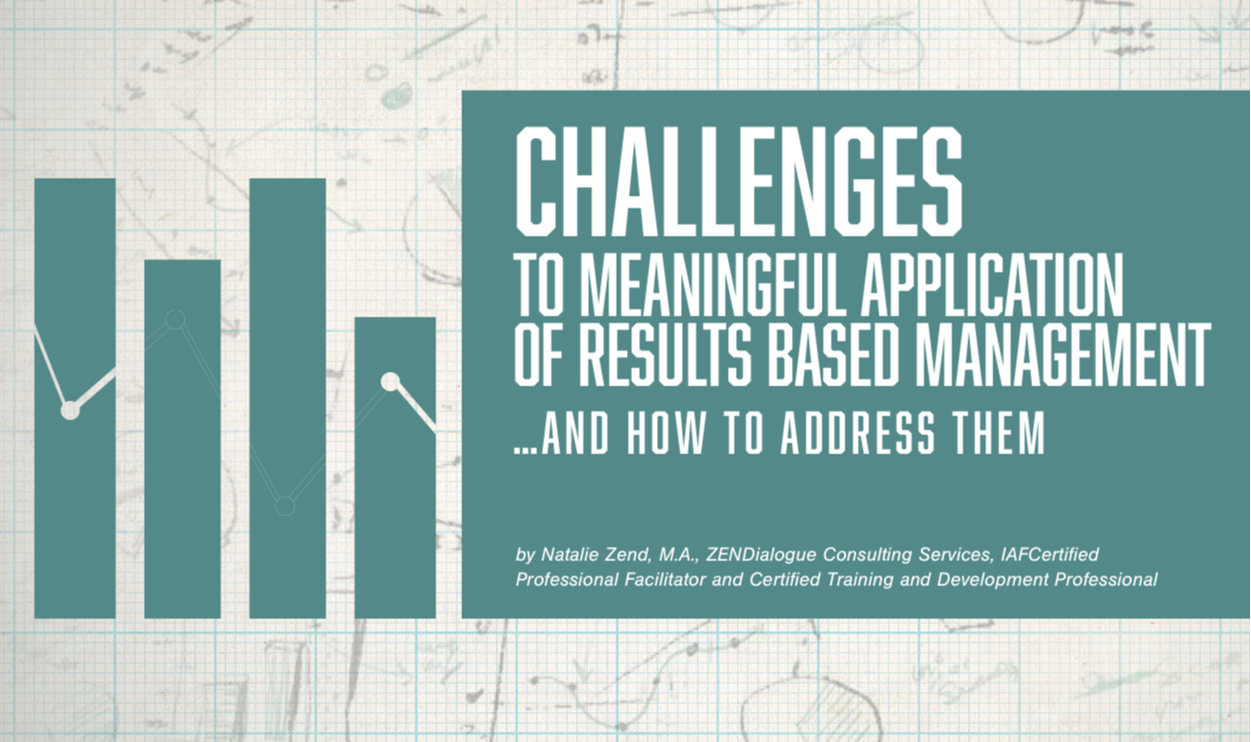Recordings/Writings by Natalie Zend
Problem and Solution Trees: Creating Change in your School or CommunityFeaturing case studies on two changemakers, Wangari Maathai and Mohamad Yunus, this resource I developed with the Alberta Council for Global Cooperation (ACGC) models how to use ‘problem and solution trees’, a type of mind-map commonly used by international development organizations. They are great tools for thinking through the root causes of a community issue, taking appropriate action, and evaluating the impact. The booklet is designed as a resource for classrooms and youth groups (Results Based Management--RBM--for kids!) But adults might find it useful too. If you happen to be in Alberta, contact [email protected] to arrange facilitation of this workshop in your class or community group.
Bodies of Insight in Complex Times: Getting UnstuckIn this recorded workshop, I guide participants in the "Stuck," the primary exercise in Social Presencing Theatre, developed by Arawana Hayashi at MIT's Presencing Institute. The "Stuck" is a quick and powerful way to unlock insight into a place in your life where you're feeling stuck, and feel the new possibility that is wanting to emerge. If you're feeling stuck right now in your life and work, this might be just what you need! It takes just 15 minutes: you can follow my guidance in this recording by listening to the 3 min intro and then, if you like, going straight to 23:39 (click on "SHOW MORE" in the video description and then click where it says 23:39) and listening until 35:00. Then you can repeat the process on your own whenever needed. These are tough times, and it's perhaps easier than ever to feel blocked by forces external or internal. I hope this is helpful and that it might even become a go-to tool for you.
Dialogue—The Final Frontier: Stone Soup for the Soul
This essay pays homage to some of my primary influences and inspirations as a facilitator. I wrote it in honour of the work of the Transformative Learning/Spirit Matters Community, for inclusion in its book Transformative Learning in the 21st Century: Revisioning Education around the Planet, intended for publication by Zed Books, London, UK, in 2015. Illness within the editorial team has held up publication of the book, but I share the essay here as an expression of what motivates my work with groups and organizations.
Summary: The Transformative Learning Centre gatherings have shown me that people can come together in ways more co-creative, more whole, more emergent, and more expansive than what my time in academia and government would have read more... |
Quiet Space: The Importance of Slowing DownThis essay offers some of my thoughts on some of what is required for transformative social change. I wrote it for inclusion in Transformative Learning in the 21st Century: Revisioning Education around the Planet, intended for publication by Zed Books, London, UK, in 2015. Illness within the editorial team has held up the book project, but I share the essay here as an expression of one aspect of how I approach changemaking.
Summary: The Transformative Learning Centre (TLC) gatherings have not just pointed me toward a role and a calling for these times, they have given me permission to do that work in synch with the pace and rhythms of life. With small but radical gestures—a quiet room for meditation and prayer and guided moments of personal reflection—the TLC has offered socially-sanctioned public spaces to slow down and listen to silence. This is rare in a world so speeded up by the imperatives of technology and the marketplace. That is even more the case among groups dedicated to social change, where the urgency of the issues tends to dictate a frenetic pace. And yet read more... |
Reverse Development: Toward a One Earth CommunityThis essay outlines my vision for international development in this planet-time. I wrote it for inclusion in Transformative Learning in the 21st Century: Revisioning Education around the Planet, intended for publication by Zed Books, London, UK, in 2015. Illness within the editorial team has held up the book project, but I share the essay here as an expression of the vision that underpins my community and international development work.
Summary: I present here a reframing of the field of international development in which I work. I examine what it is that "international development" has been developing, and how that differs from what these times are calling for--something I call "reverse development." The basic premise of international development—that “developing” countries need to develop what the “developed” countries have—seems fatally misguided. Instead, we need to reverse our understanding of development so that it aims not to convert nature into money, but to sustain and regenerate life. read more... |
Challenges to Meaningful Application of Results-Based Management--And How to Address ThemWell applied, Results-Based Management (RBM) can be a powerful approach for improving programming. At its best, it makes monitoring and evaluation exponentially easier and more meaningful, because it allows for measuring and evaluating outcomes (not just implementation), and then feeds that information back into decision-making.
Yet in application, RBM seldom reaches its full potential. It can easily become a mechanical box-ticking exercise. How often have you seen organizations pay lip service to RBM while in effect taking an activity-based approach? This article, published in OCIC's e-Magazine iAM (Ideas, Actions, Movements) Volume 8: Measure What Matters, presents three challenges or areas of tension that lie in the way of meaningful RBM, along with ways to address them. |






